The chants from spectators, the thrill of the game, the strategic brilliance from the sidelines; all paint professional football as a world of passion, ambition, and high stakes.
But behind the scenes, the beautiful game is also governed by contracts, legal obligations, and the ever-present threat of disputes.
A ruling by the Court of Arbitration for Sport (CAS) has spotlighted this stern reality in Uganda, with top-tier club, SC Vipers ordered to pay former coach Roberto Luiz Bianchi Pelliser $84,000 (UGX 307.2 million) for breach of contract.
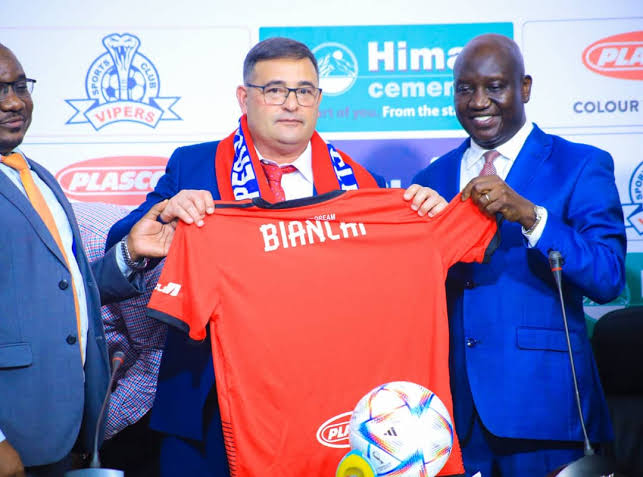
This is more than just a financial hit for the club; it’s a landmark decision with potential ripple effects across the terrain of Ugandan football.
To understand the full weight of this ruling, we need to delve into the chronology of events, the arguments presented, and the intricate details of the CAS decision itself.
It’s a story of a coach’s short-lived tenure, a club’s decision to terminate, and a legal battle that spanned continents, ultimately culminating in a verdict that underscores the importance of contractual sanctity in the professional sports arena.
A brief appointment turns sour
The story begins in January 2023. Vipers Sports Club Limited, a prominent name in the Uganda Premier League, sought to bolster it technical team and brought in Roberto Luiz Bianchi Pelliser, a coach of both Brazilian and Spanish descent.
The contract inked on January 3rd, 2023, outlined an employment agreement that was set to run until June 30th, 2024.
Bianchi Pelliser’s PAY was agreed at a net monthly salary of $6,000 (UGX 21.9 million), and the club was also obligated to provide him with a return air ticket to his home country, Spain, once a year.
The optimism surrounding this appointment, however, proved to be short-lived.
Barely two months into the agreement, on March 8th, 2023, Vipers delivered a termination letter to Bianchi Pelliser, effectively ending his employment.
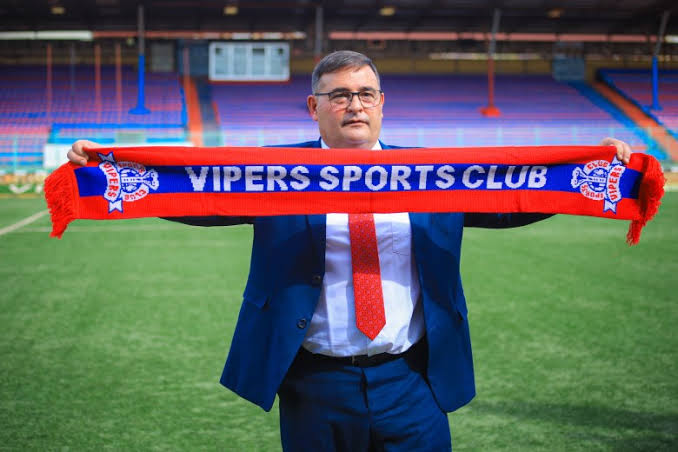
The club’s decision to part ways with the coach so abruptly raised eyebrows and set the stage for a protracted legal dispute.
In an initial attempt to settle the matter, Vipers paid Bianchi Pelliser two-month salary, amounting to $12,000 (UGX 43 million), on March 9th, 2023.
However, this did not settle with the coach, who felt aggrieved by the circumstances of his dismissal.
He believed the termination was unjust and a clear breach of contract terms.
The legal labyrinth
Bianchi Pelliser, determined to seek redress, took his case to the FIFA Football Tribunal. He filed a claim for breach of contract without just cause, arguing that his premature dismissal warranted significant compensation.
His claim included a demand for $9,000 (UGX 32.9 million), representing the residual value of his contract, €1,250 (UGX 4.9 million) for the return air ticket he was owed, and an additional $18,000 (UGX 65.8million) as compensation for what he perceived as bad faith, moral damages, and the unique aspects of professional sports.
However, the FIFA Single Judge, after reviewing the evidence, ruled in favour of Vipers Sports Club Limited.
This initial setback did not deter Bianchi Pelliser. Undeterred, he, through his lawyers, opted to escalate the matter to the highest court in sports arbitration: the Court of Arbitration for Sport (CAS).
The CAS, based in Lausanne, Switzerland, is an independent institution that resolves sports-related disputes through arbitration.
Its decisions are final and binding, making it the ultimate arbiter in the world of sports law.
Bianchi Pelliser lodged his appeal with CAS on June 21st, 2023, setting in motion a process that would ultimately lead to a dramatic reversal of fortunes.
The CAS arbitration process is rigorous and meticulous. In this case, the hearing commenced on July 8th, 2024, conducted via video conference.
Vipers Sports Club Limited was represented by a high-powered delegation, including club President Dr Lawrence Mulindwa, Chief Executive Officer Simon Peter Njuba, and Legal Director Alex Luganda.
The representation underscored the seriousness with which the club viewed the case and the proceedings, thereon.
The CAS verdict
The CAS tribunal, after a thorough examination of the evidence and arguments presented by both parties, delivered its verdict.
In a 32-page ruling, the tribunal partially upheld Bianchi Pelliser’s appeal, setting aside the previous decision by the FIFA Players’ Status Chamber.
The CAS ruling centred on the issue of whether Vipers had just cause to terminate Bianchi Pelliser’s contract.
The club had cited “non-satisfactory performance and not living up to the employer’s expectations” as the reason for the dismissal.
They also claimed to have issued warning notices to the coach for “unbecoming conduct.”
However, the CAS tribunal was not convinced by Vipers’ arguments. They found that the club failed to provide sufficient evidence to substantiate their claims of poor performance or misconduct.
Specifically, regarding the warning notices, the tribunal noted that Vipers did not adequately prove that these notices were delivered to and received by Bianchi Pelliser.
In essence, the CAS tribunal determined that Vipers had prematurely terminated the coach’s contract without just cause, a finding that ultimately swung the pendulum in favour of Bianchi Pelliser
As a result of this determination, the CAS issued the following orders:
Compensation for Breach of Contract: Vipers Sports Club was ordered to pay Roberto Luiz Bianchi Pelliser $84,000 (UGX 307.2 million) as compensation for breach of contract.
This figure likely represented the outstanding salary Bianchi Pelliser would have earned had his contract run its full course, as determined by the tribunal.
Reimbursement for Flight Ticket: Vipers Sports Club Limited was also directed to reimburse Roberto Luiz Bianchi Pelliser €1,250 (UGX 4.9 million) for the return flight ticket, fulfilling the original contractual obligation.
The CAS ruling effectively overturned the FIFA Players’ Status Chamber’s decision, marking a significant victory for Bianchi Pelliser and a costly lesson for Vipers Sports Club.
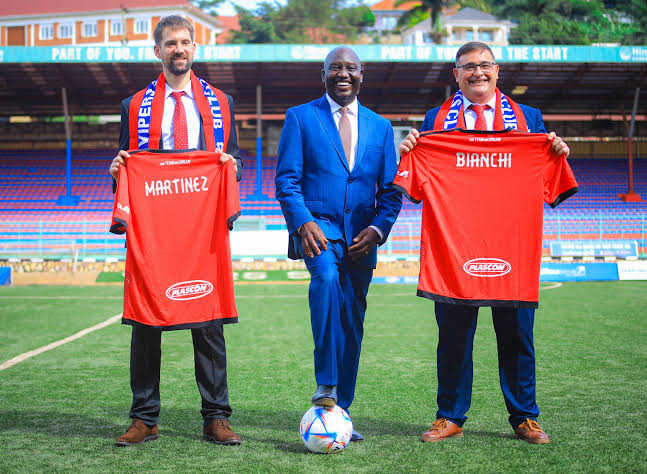
Implications for Ugandan Football
The CAS ruling in the Bianchi Pelliser case carries significant implications for Ugandan football, primarily by emphasising the importance of respecting contractual agreements.
The decision is expected to increase contractual awareness among clubs, prompting them to draft more meticulous and legally sound contracts, often seeking legal counsel to avoid disputes and financial penalties.
Furthermore, it enhances protection for coaches, both local and foreign, demonstrating that unfair contract terminations can be challenged, potentially attracting more qualified coaches to the league with the assurance of better-protected rights.
Beyond the legal ramifications, the substantial financial penalty imposed on Vipers serves as a cautionary tale, encouraging clubs to adopt more prudent financial management and prioritize honouring contractual obligations to prevent similar losses.
Ultimately, this ruling contributes to the professionalization of Ugandan football by upholding international legal standards and pushing for greater accountability, transparency, and adherence to best practices, which can enhance the credibility and reputation of Ugandan football both domestically and internationally.
The CAS decision sets a precedent for future disputes between clubs and coaches in Uganda, providing clearer guidance on how such cases are likely to be adjudicated.
This offers valuable insights for clubs and coaches in managing their contractual relationships, promoting a more structured and legally sound environment within Ugandan football.
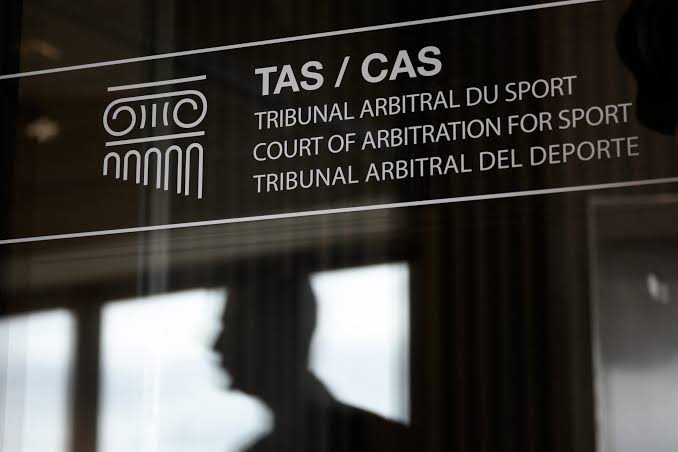
Challenges and the road ahead
While the CAS ruling is undoubtedly a positive step towards greater professionalism, challenges remain.
The financial strain on clubs, particularly those with limited resources, could be a concern.
Clubs may need to explore new revenue streams and implement stricter financial controls to meet their contractual obligations.
Furthermore, ensuring that the principles of contract law and fair treatment are consistently applied across all levels of Ugandan football, will require ongoing efforts from the football governing bodies, legal professionals, and club administrators.
There is a need for continuous education and awareness-raising to promote a culture of respect for contracts and ethical conduct.

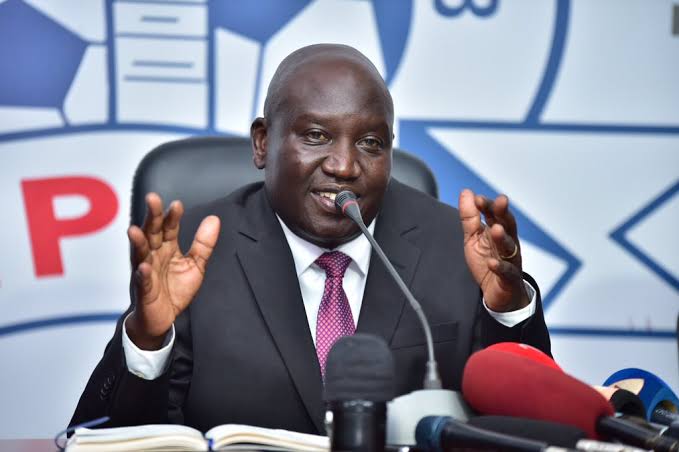
 Beyond the Low-Hanging Fruit: The Grit, Capital, and Vision Required to Industrialise Rural Uganda
Beyond the Low-Hanging Fruit: The Grit, Capital, and Vision Required to Industrialise Rural Uganda
